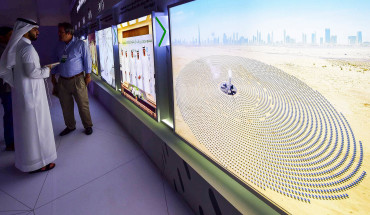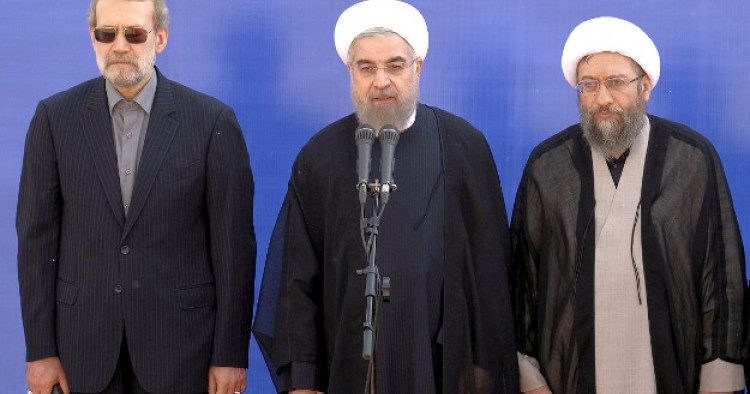Iran’s Judiciary Chief Ayatollah Sadeqh Larijani has criticized the U.N. Human Rights Council for renewing the mandate of the Special Rapporteur on the human rights situation in Iran for another year. “Unfortunately, the United Nations’ human rights bodies have become a tool to pressure independent states,” Larijani said in a meeting with high-ranking judiciary officials in Tehran. “From the beginning, we have regarded the appointment of a special rapporteur (on the human rights situation in Iran) contrary to international law and believe that cooperation with the human rights body should take place on equal footing,” he added.
Comment: Sadegh Larijani has a reason to be worried. Most of human rights abuses in the Islamic Republic are committed by the country’s repressive Judiciary and intelligence agencies. By documenting and reporting on rights abuses in Iran, the U.N. and other international human rights organizations not only expose the Iranian regime’s dismal human rights record but also subject Iranian officials involved in acts of repression to international punitive measures.
Last week, Iran’s Foreign Ministry also denounced the U.N. decision as “selective and spiteful.” Bahram Ghassemi, the ministry’s spokesman, complained that such a "confrontational policy and destructive and failed approach" is pursued through the "exertion of pressure on other countries to support these selective and spiteful resolutions by taking advantage of various political and economic levers" and will undermine the international body’s credibility.
Ghassemi’s remarks came after the U.N. Human Rights Council announced that it had extended the mandate of the special rapporteur on the situation of human rights in Iran for another year. The resolution was adopted by a vote of 22 in favor, 12 against and 13 abstentions. In an interview with the BBC Persian on March 13, the new U.N. Iran investigator, Asma Jahangir, had said President Hassan Rouhani had failed to fulfill his pledge to improve the country’s human rights situation and guarantee Iranians’ civil liberties.
The Middle East Institute (MEI) is an independent, non-partisan, non-for-profit, educational organization. It does not engage in advocacy and its scholars’ opinions are their own. MEI welcomes financial donations, but retains sole editorial control over its work and its publications reflect only the authors’ views. For a listing of MEI donors, please click here.












